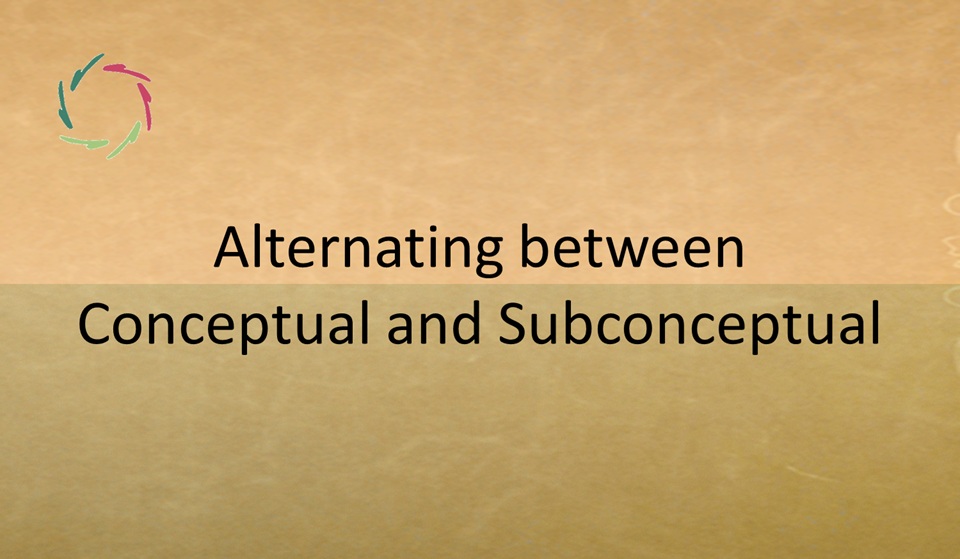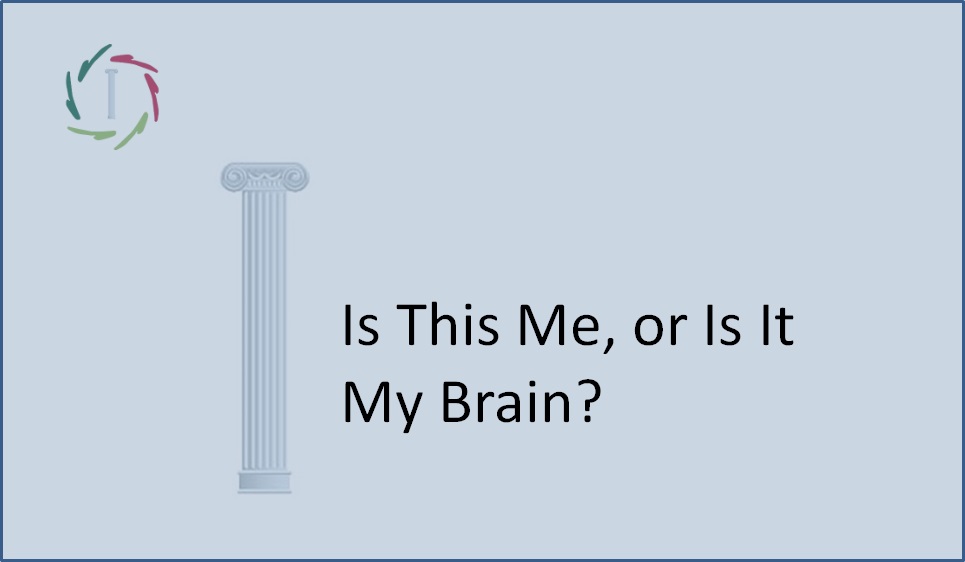What is Non-Conscious?

With ‘non-conscious’ (not the Freudian subconscious) is generally meant: meaningfully mental processing ― not mechanical or straightforwardly reflexive.
Brain and body
For a long time, the mental has been confined (by me, for instance) to the brain, more specifically to mainly mental-neuronal patterns in the brain.
More and more, however, we see that the brain functions very intricately in connection with the body: neuronal, hormonal, and immunological. These systems are so closely interconnected that we can better think of one complex system. Of course, the brain keeps being the nr. 1 complexity-processor. Two lesser gods are located in the heart and the gut regions. Then, we have a whole lot of footage going on a bit everywhere in the body.
An extreme (?) example
Thinking a thought – any thought – with or without one’s legs would be a different thought.
The same with any feeling, any motivation.
But most of this doesn’t reach consciousness.
Continually, we have a very narrow band of what reaches consciousness. A tremendous lot of what goes on mentally stays non-conscious.
Better said, it stays non-conscious as such, while much of it reaches consciousness through:
- influencing the nascence of any conscious construct (thought, feeling, motivation) from the inside. You don’t feel this because ― it’s non-conscious, precisely. Nevertheless, many recognizable characteristics of our usual thinking are illuminated through this subconceptual process.
- influencing the body sensorially and motorically. The result of this can reach conscious awareness ― although most of it does not. For instance, influences on minor blood vessels in all parts of the body.
Where does this non-conscious information come from?
The source can be internal or external of the body – or a complex mixture. External is what immediately comes from outside. If this is recurring information, the non-conscious brain/mind doesn’t make a strict distinction with an internal origin. It’s all ‘incoming info.’
Regarding the internal source, this is non-conscious memory. Its immensity seemingly has no bounds. For instance, a single smell may bring back long-forgotten childhood memories ― meaningful enough.
A crucial element is that the internal influence isn’t confined to mechanical content.
On the contrary, much meaningful processing goes on in the non-conscious level of the mind before appearing in consciousness. NO conscious content appears in the human brain/mind without a preceding nascence in the non-conscious domain.
Moreover, what we feel as ‘deep’ – as in deeply meaningful, deeply touching – gets this characteristic through the way it is non-consciously processed.
In short, your non-conscious mind influences your conscious mind all the way through, and it does so profoundly.
Whose is ‘your’ non-conscious?
Of course, nobody’s. You don’t have but are this non-conscious ― together with all the rest of you. So, it’s weird to speak of the non-conscious as an alien part.
For instance, if you want something, your non-conscious wants something. There would not be the latter without the former.
Indeed.
This all is why you better be friends with yourself.


